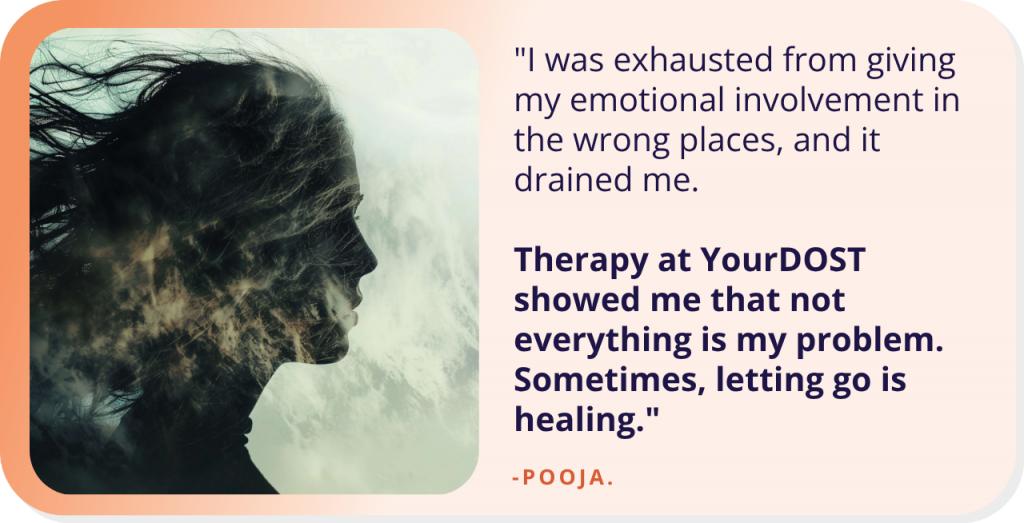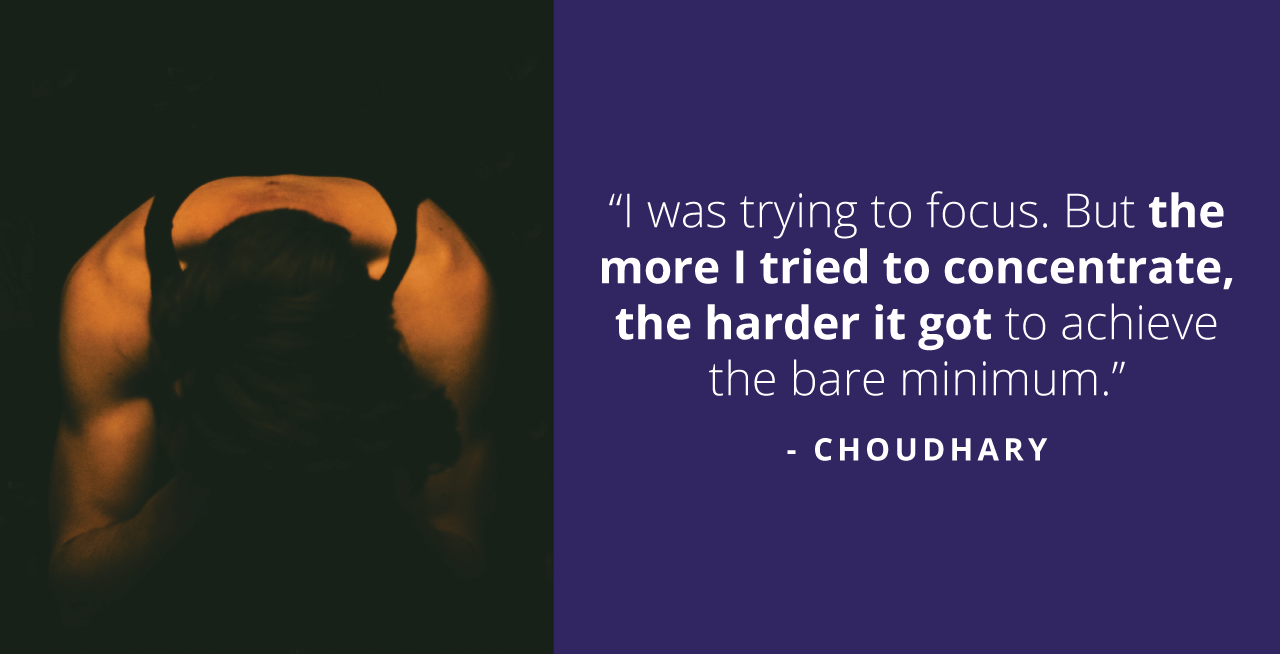Music for the Mind: Thoughts on Music Therapy
For most of us our early morning chores can never be complete unless you have some music playing in the background. We all have songs for every mood and there is no better way to lighten your mood than just being with your music player by yourself. Also, song lyrics and music have different impacts on different people. But did you know music could be therapeutic too?
Mother Nature is filled with luscious resources that can help aid the process of healing. The benevolence of Mother Nature blessed us with the ability to hear and that by itself could be used as an aid for healing. The sound of music is soothing and can heal the pain within your soul. Music therapy relates to this powerful tool of music by using it as a means of treating clients for physical and mental betterment.
What is Music Therapy?
As per the definition of the American Music Therapy Inc.“Music Therapy is the clinical and evidence-based use of music interventions to accomplish individualized goals within a therapeutic relationship by a credentialed professional who has completed an approved music therapy program. It is an established health service similar to occupational therapy and physical therapy and consists of using music therapeutically to address physical, psychological, cognitive and/or social functioning for patients of all ages. Because music therapy is a powerful and non-invasive medium, unique outcomes are possible. In addition to its applications in mental health, music therapy is used successfully in a variety of additional healthcare and educational settings”.
What does this mean? It means that music therapy is a clinical and evidence-based usage of music interventions in order to accomplish goals in a therapeutic relationship. Music therapists are specially trained professionals who help their clients improve social skills, quality of life, motor skills and also help them develop emotionally. Music appears to light up various regions of the brain related to language, hearing and motor control, MacMannis the clinical director of the Family Therapy Institute of Santa Barbara and a music director and songwriter for the PBS hit animated children’s series “Jay Jay the Jet Plane” says.
In a research conducted by Ananya Sengupta and Shitika Chawdhary in 2013-14, a first of its kind in India, it was found that “The Stress and Anxiety Levels of Employees subjected to Soft Rock Music for a month reduced significantly, compared to Employees who were deprived of a similar treatment”.
Also, when listening to songs we tend to compare new images with past memories, which involves the association cortex. “And elements of musical surprise activate the cerebellum.”
How Does Music Therapy Help Me?
Every type of music has a different neurological stimulation related to it and based on the same we see the results. Scientists at the University of Missouri have found that people can improve their mood by just listening to upbeat music. “Our work provides support for what many people already do—listen to music to improve their moods,” said lead author Yuna Ferguson in a press release.
Music is also said to improve the attention span and is used as a primary method for teaching kids. Remember the good old days you sang ABCD… Yes, the reason they have us all sing them is that audio tends to help our brain pay more attention and register the content. It is the same reason why we catch lyrics much faster than math formulas.
An article on Listening and Spoken Knowledge Center, quotes Dr. Michael Heggerty, an expert on literacy, saying that the average class has five academic levels within one grade. How does a teacher reach all five levels within one class period? What is developmentally appropriate for students? How does a teacher teach the students who have language issues due to hearing loss, dual languages at home or other factors? How do teachers reach students with special needs that are included in their classroom? Music is a tool that is developmentally appropriate, facilitates language fluency, helps brain development and, above all else, is joyful.
These characteristics of music were the basis behind which the idea of music therapy was built. Various disorders such as autism, stress, depression, schizophrenia etc, have dedicated music therapy as treatments and have proven to give good results.
Want to know how music therapy can help you beat stress, anxiety and other mental disorders? Talk to our experts and seek guidance.
This post is reviewed by Ananya Sengupta:
 Ananya, who has completed her Masters in Psychology from Christ University and has done specialization in Human Computer Interaction from UC San Diego Design Lab. She is currently working with YourDOST as a Marketer. She was the first person in India to conduct a full fledged research on Music Therapy and how a specific genre can reduce stress and anxiety levels of employees in an MNC. While her research was appreciated by many and has inspired several similar studies at NYU, she wishes to publish more of such independent intervention research strategies to help the youth fight stress and depression in India.
Ananya, who has completed her Masters in Psychology from Christ University and has done specialization in Human Computer Interaction from UC San Diego Design Lab. She is currently working with YourDOST as a Marketer. She was the first person in India to conduct a full fledged research on Music Therapy and how a specific genre can reduce stress and anxiety levels of employees in an MNC. While her research was appreciated by many and has inspired several similar studies at NYU, she wishes to publish more of such independent intervention research strategies to help the youth fight stress and depression in India.






